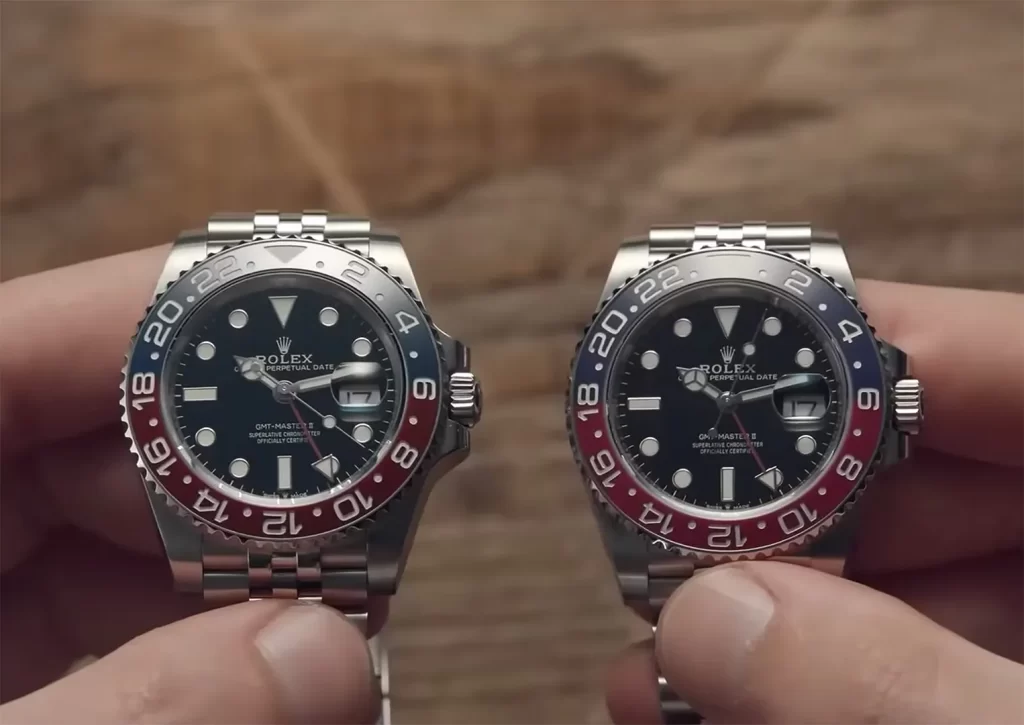The buying and selling of replica watches is a topic steeped in legal complexities that often leaves consumers and sellers confused about the implications of their transactions. Replica watches, often produced to mimic high-end luxury brands, can range from affordable imitations to high-quality counterfeit items that closely resemble genuine products. Understanding the legal framework surrounding these transactions is crucial for anyone considering involvement in the replica watch market, whether as a buyer or seller. At the core of the legal issues surrounding replica watches is intellectual property law, particularly trademark and copyright protections. Luxury watch brands invest significant resources in creating and promoting their products, and they hold trademarks that protect their brand names and logos. When a replica watch is made, especially one that features a brand’s trademark without authorization, it can be considered trademark infringement. This infringement occurs when consumers are misled into believing that the replica is an authentic product from the brand, which can damage the brand’s reputation and dilute its trademark.

In addition to trademark issues, there are also potential copyright violations to consider. Copyright protects the original artistic designs of watch faces, logos, and other brand-related imagery. Creating a replica that incorporates these designs without permission from the original creator can result in legal action from the brand. Buyers of replica watches may not face direct legal consequences, but they should be aware that their purchases support a market that thrives on violating the intellectual property rights of others. The legal landscape can differ significantly depending on the country or region. In the United States, for instance, both the Lanham Act and the Copyright Act govern trademark and copyright violations, allowing brands to take civil action against counterfeiters and unauthorized sellers. Penalties for selling counterfeit goods can include hefty fines, confiscation of goods, and even criminal charges in severe cases. In contrast, other countries may have more lenient laws regarding replicas, creating a grey market that complicates enforcement efforts.
The distinction between a Luxe Replica Watches and a counterfeit is another important legal nuance. While all counterfeit products are replicas, not all replicas qualify as counterfeit. A replica that does not explicitly use a brand’s name or trademark might fall into a legal grey area where it may not infringe upon trademark rights. For example, a watch designed to resemble a luxury brand without using its name may be legal to sell in some jurisdictions, provided it is marketed clearly as a replica. However, this is a risky path, as brands may still pursue legal action against any imitation that they believe undermines their market. Buyers must also navigate the ethical considerations of purchasing replica watches. While the allure of owning a luxury watch at a fraction of the price can be tempting, consumers should reflect on the broader implications of their purchases. Supporting the replica market can encourage the production of counterfeit goods, contributing to larger issues of organized crime and labor exploitation.